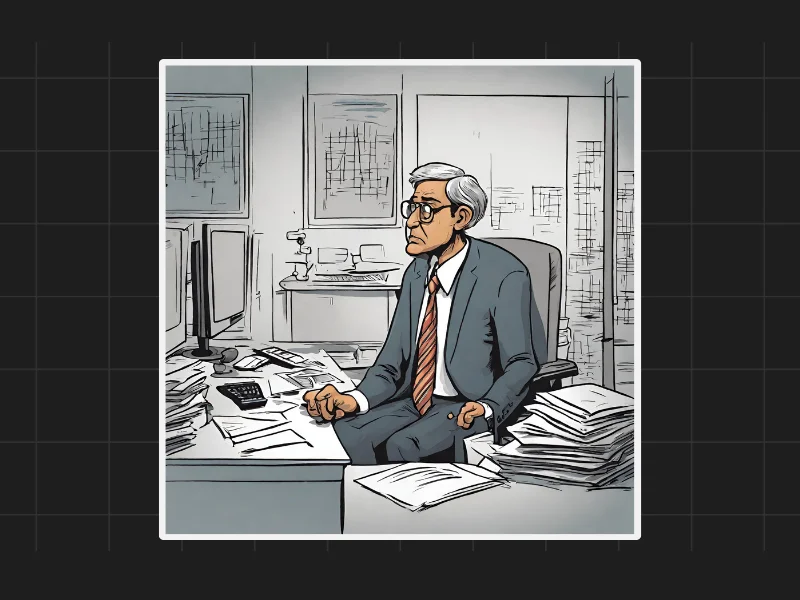When panic hits the market, it often spreads quickly. Japan is experiencing a significant market drop, similar to historical drops seen over the last 50 years. This time, the drop is nearing 25%, which is substantial. In comparison, India has not fallen to this extent. Typically, such large drops consolidate most of the panic in a short period. After this initial drop, markets may remain weak or consolidate over a longer time rather than experiencing a quick recovery.

The Nature of Market Drops
When a market falls sharply, like the current situation in Japan, it is unlikely to continue dropping at the same pace. Historical data shows that markets do not usually drop by another 25% immediately after a 25% drop. For instance, during the 2008 financial crisis, the Nifty index dropped 70% over ten months, with the decline happening in stages. This pattern indicates that markets tend to consolidate after significant drops rather than continuing to fall rapidly.
Long-Term Market Trends
Despite large drops, markets have historically reached new highs over time. This long-term perspective is crucial for investors. The key is to avoid selling at the bottom, thinking that prices will go even lower. This strategy rarely works. Instead, investors should focus on not getting stuck in stocks that are unlikely to recover quickly. It is essential to shift investments to sectors that will lead the next market rally.
Sector Rotation and Recovery
During market downturns, some sectors may not recover for an extended period. For example, infrastructure stocks performed well in 2007 but collapsed during the 2008 crash. Many of these stocks have not recovered even today. Therefore, when a market falls, it is vital to rotate investments into sectors that are likely to recover. This strategy helps in positioning for future gains rather than waiting for underperforming stocks to bounce back.
Adapting Investment Strategies
Investors need to adopt strategies that can adapt to changing market conditions. This adaptation may involve moving funds into managed portfolios, mutual funds, or Smallcases that are designed to navigate market volatility. By doing so, investors can benefit from expert guidance on rotating investments out of sectors that are no longer performing well. This proactive approach helps in recovering portfolios faster and minimizing long-term losses.
In the event of a significant market crash, some sectors may not recover for many years. For instance, public sector enterprise stocks might not bounce back quickly after a market downturn. Holding onto such stocks for a decade, hoping they will return to their previous highs, can be detrimental. Instead, it is better to accept the losses and move investments to more promising sectors. This shift ensures that the portfolio can recover and grow over time.

Disclaimers and disclosures : https://tinyurl.com/2763eyaz
If you have any questions, please write to support@weekendinvesting.com












